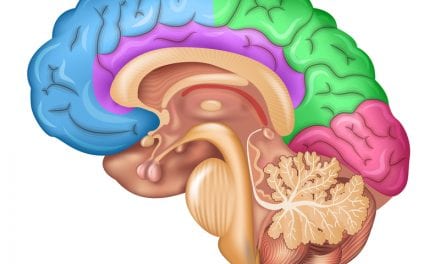A Major League Baseball player’s natural sleep preference might affect his batting average in day and night games, according to new research.
Results indicate that players who were "morning types" had a higher batting average (.267) than players who were "evening types" (.259) in early games that started before 2 PM. However, evening types had a higher batting average (.261) than morning types (.252) in mid-day games that started between 2 PM and 7:59 PM. This advantage for evening types persisted and was strongest in late games that began at 8 PM or later, when evening types had a .306 batting average and morning types maintained a .252 average.
"Our data, though not statistically significant due to low subject numbers, clearly shows a trend toward morning-type batters hitting progressively worse as the day becomes later, and the evening-types showing the opposite trend," said principal investigator and lead author Dr W. Christopher Winter, medical director of the Martha Jefferson Hospital Sleep Medicine Center in Charlottesville, Va.
The study involved 16 players from seven MLB teams: the Houston Astros, Los Angeles Angels, Los Angeles Dodgers, Pittsburgh Pirates, St Louis Cardinals, San Francisco Giants, and Toronto Blue Jays. Sleep preference was determined using a modified version of the Morningness-Eveningness Questionnaire (MEQ). It identifies a person’s tendency to be either a morning type who prefers to go to bed and wake up early, or an evening type who prefers to stay up late at night and wake up late in the day. Nine participants were found to be evening types, and seven were morning types. Both groups had a mean age of 29 years.
The study used the players’ statistics from the 2009 and 2010 seasons, which allowed for the analysis of 2,149 innings from early games, 4,550 innings from mid-day games, and 750 innings from late games. Game start times were adjusted for travel using the principle that for every time zone crossed, it takes 24 hours to adjust.
"These results are important as they create an entirely new way to look at athletic talent," said Winter. "Currently, selecting a player for a game situation usually involves factors such as handedness, rest, and possibly previous success against a certain team. Now, the time of day in which the game is occurring and a player’s chronotype might be a wise factor to take into account."
The research was presented June 13, in Minneapolis, at SLEEP 2011, the 25th Anniversary Meeting of the Associated Professional Sleep Societies LLC (APSS).




